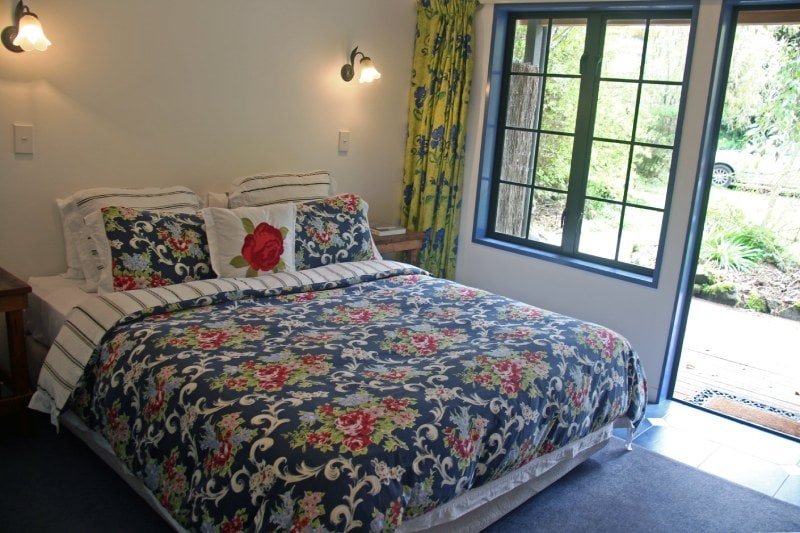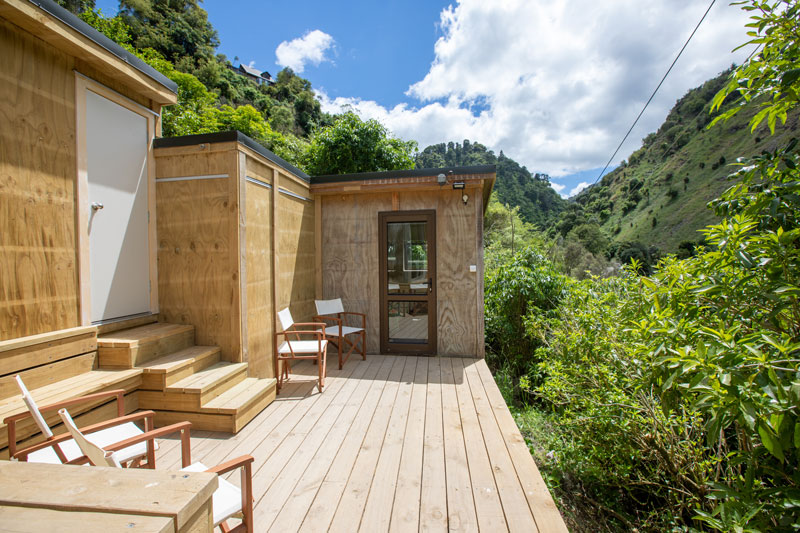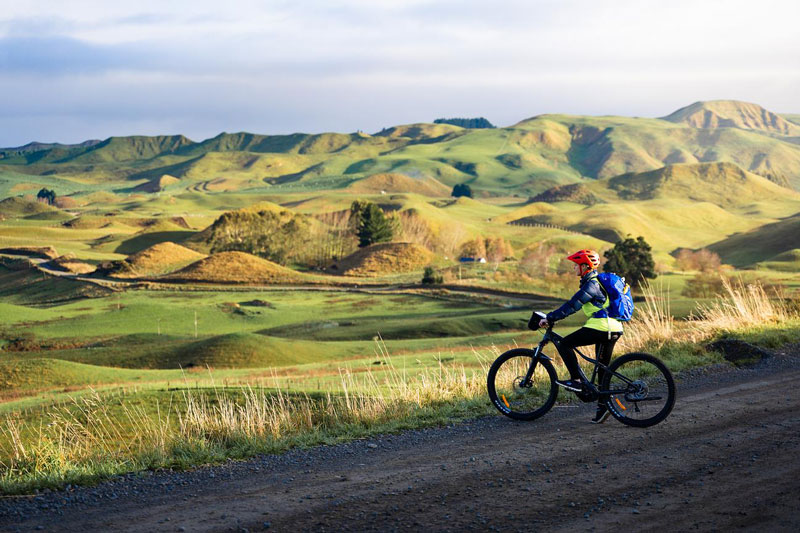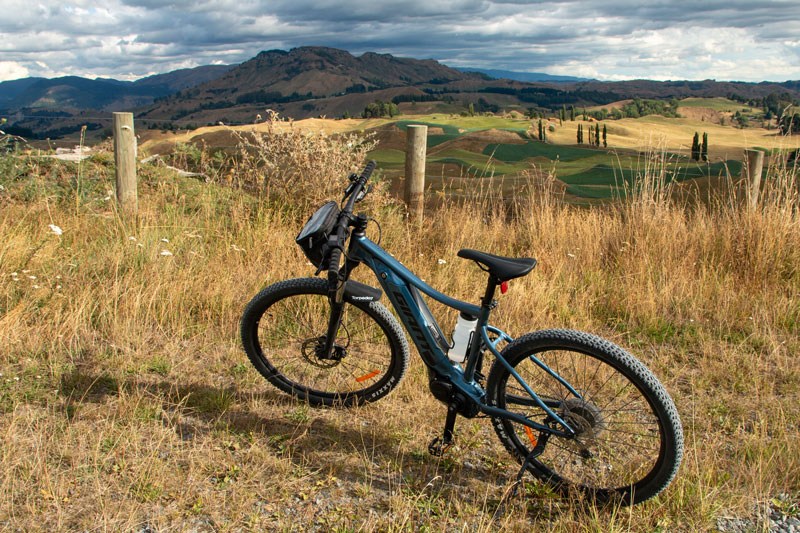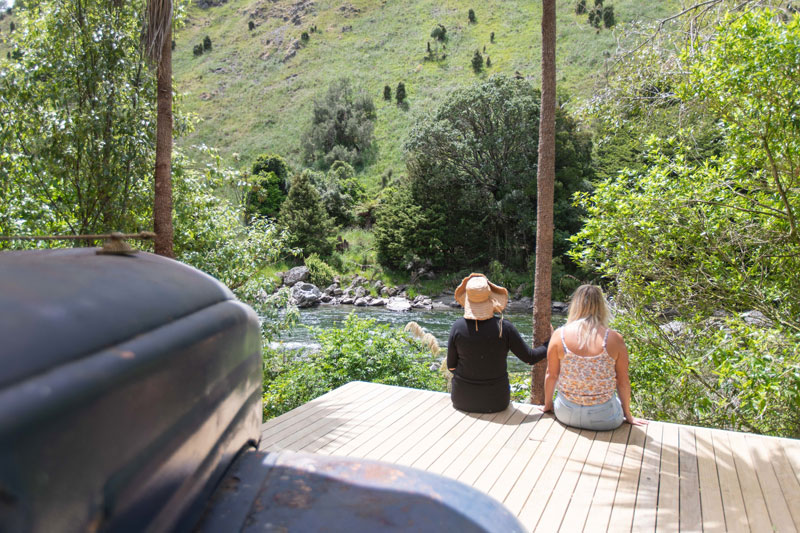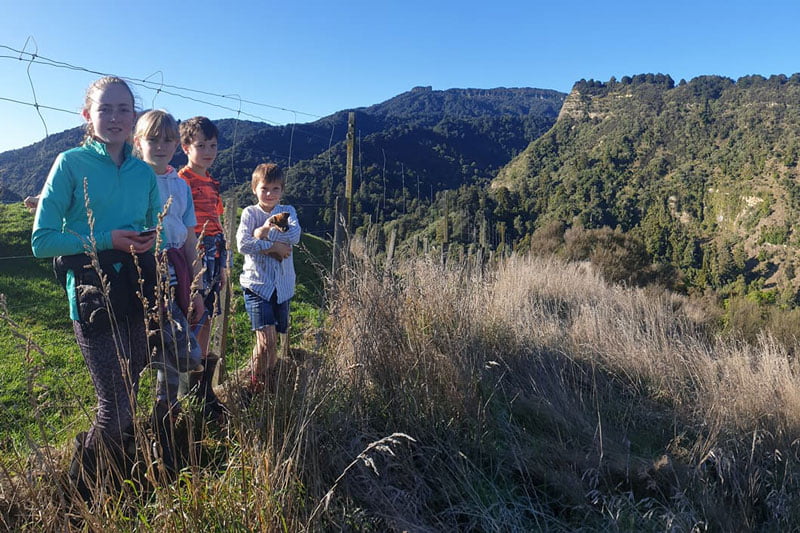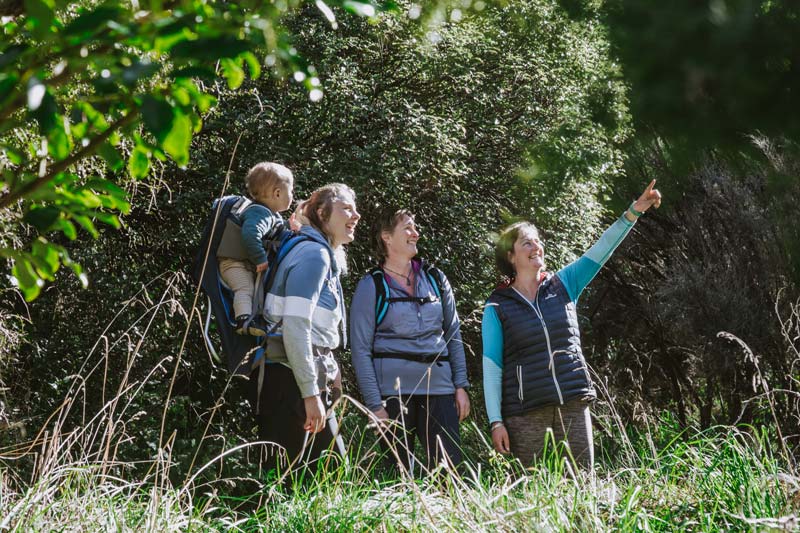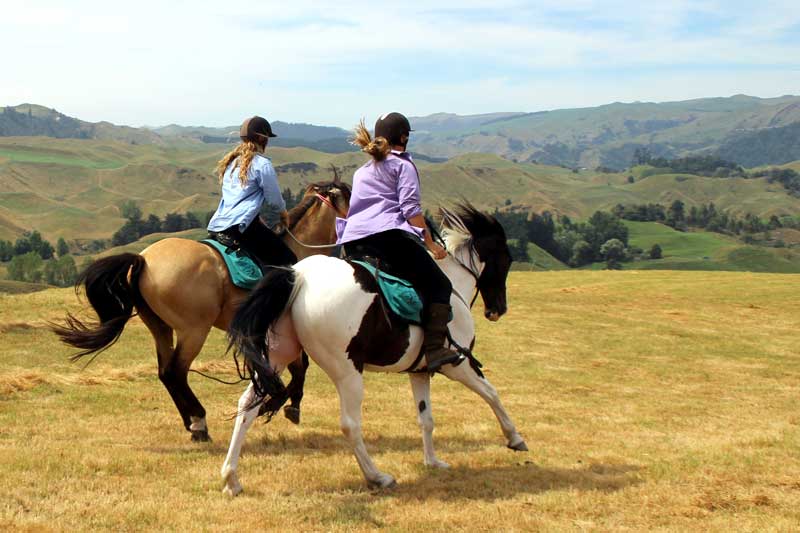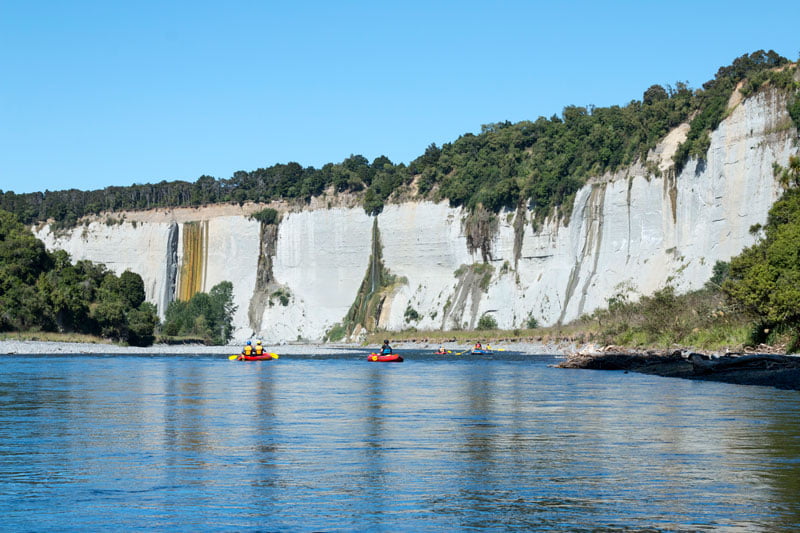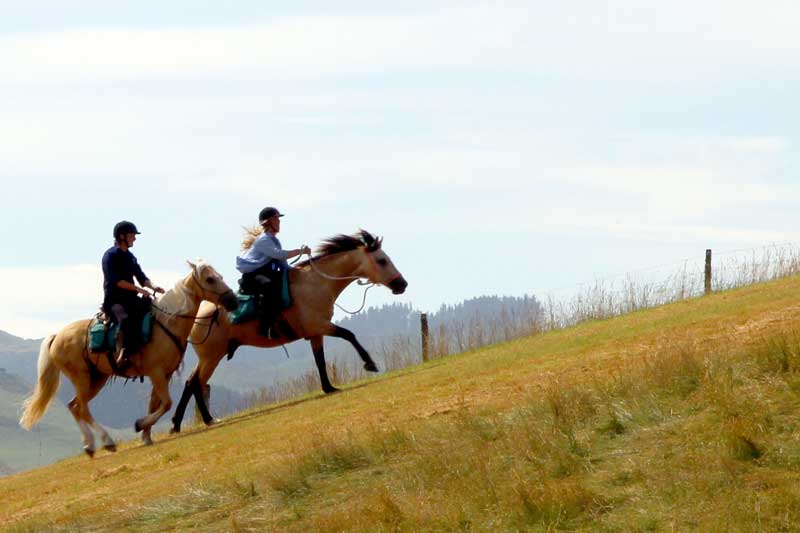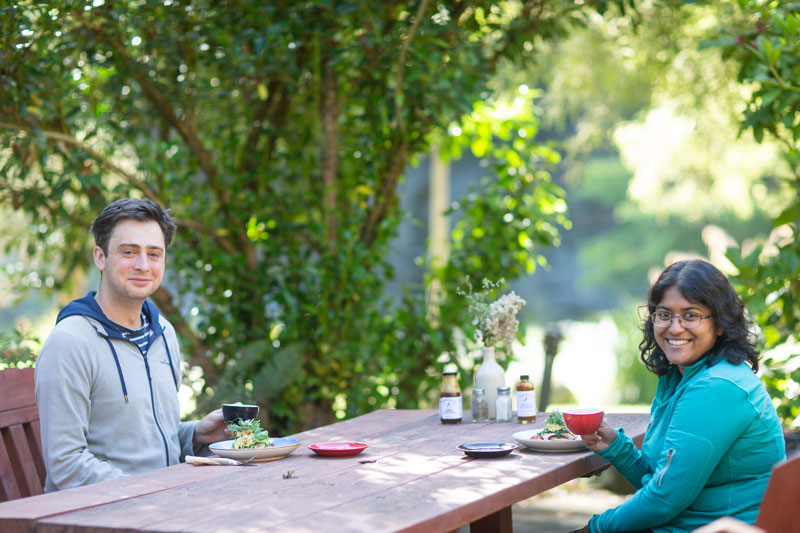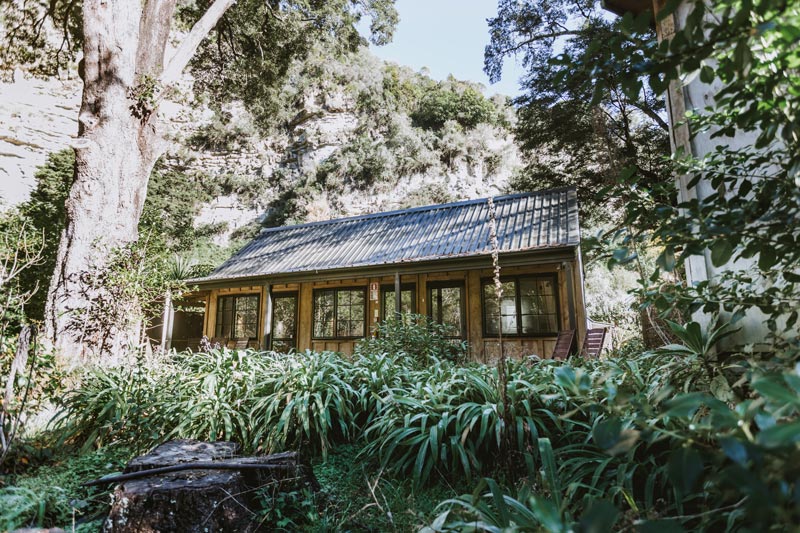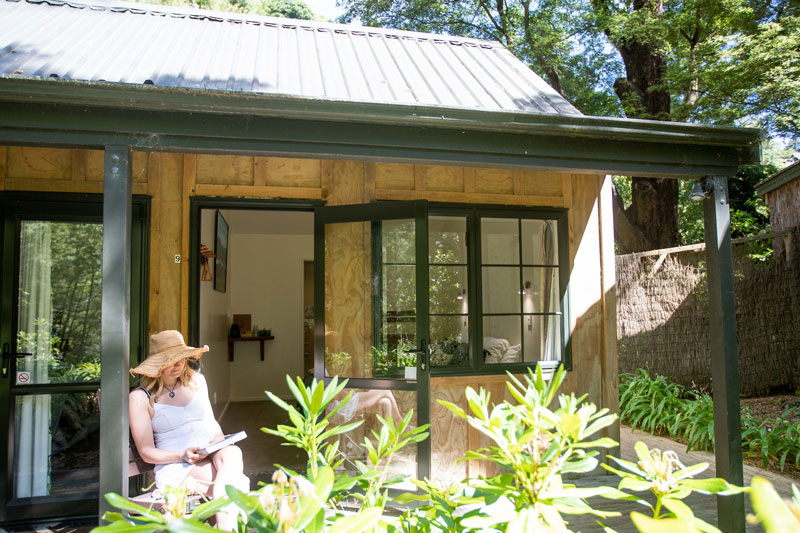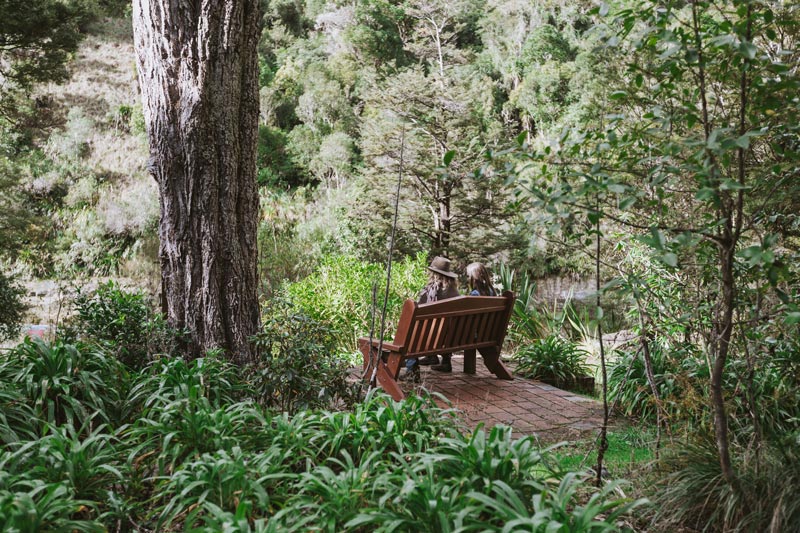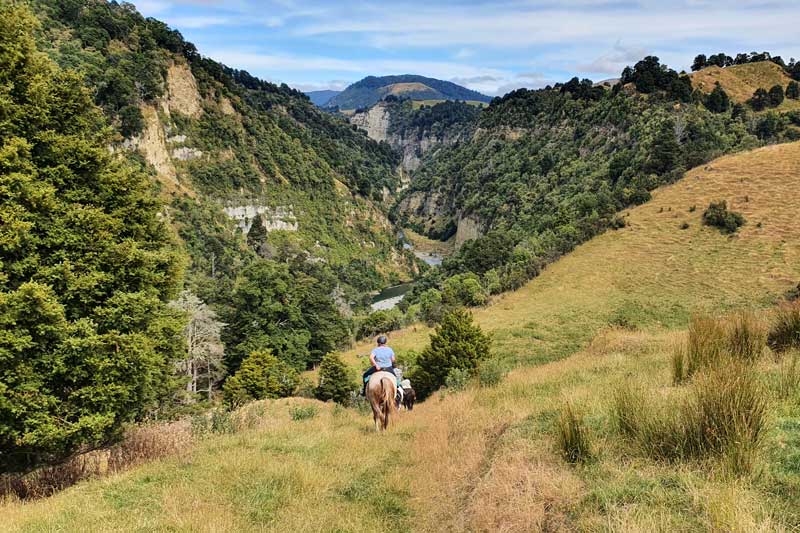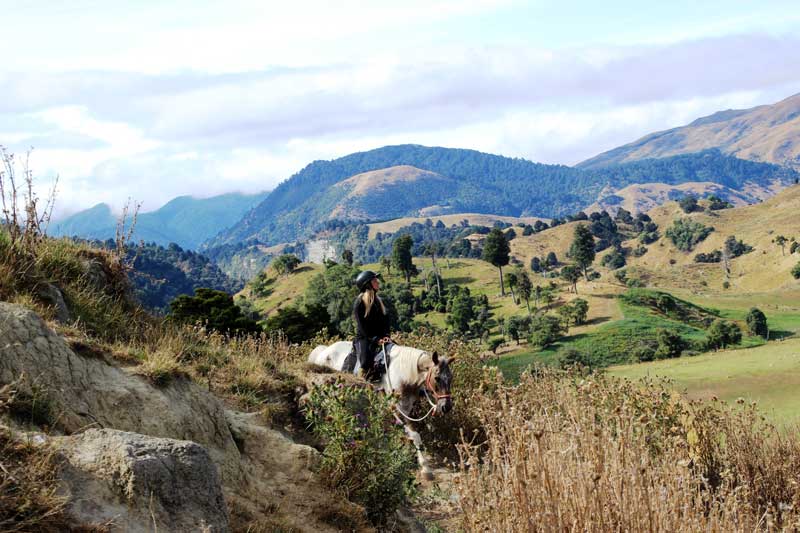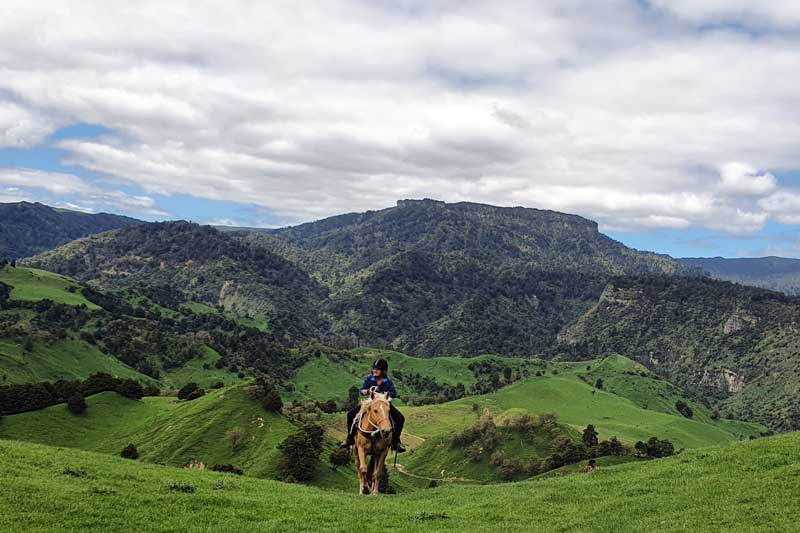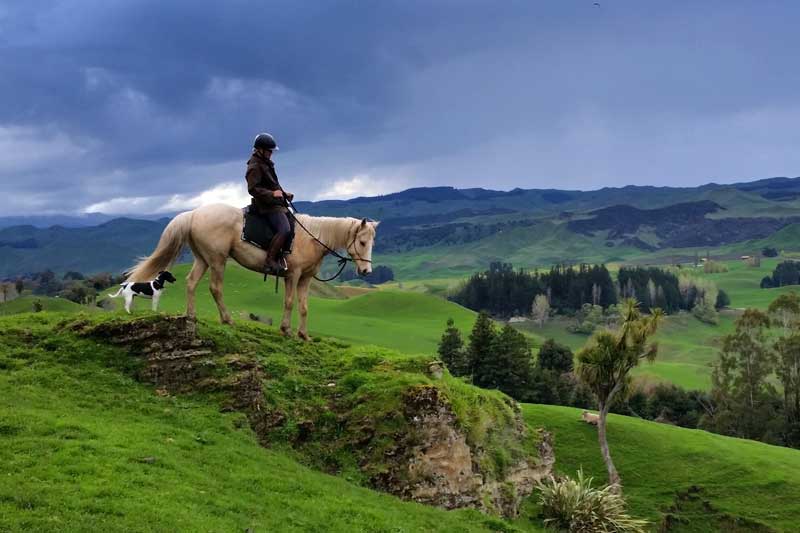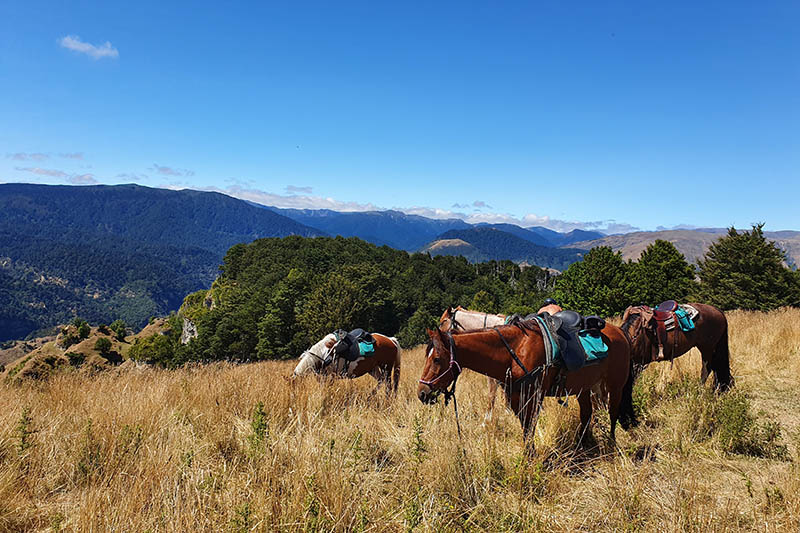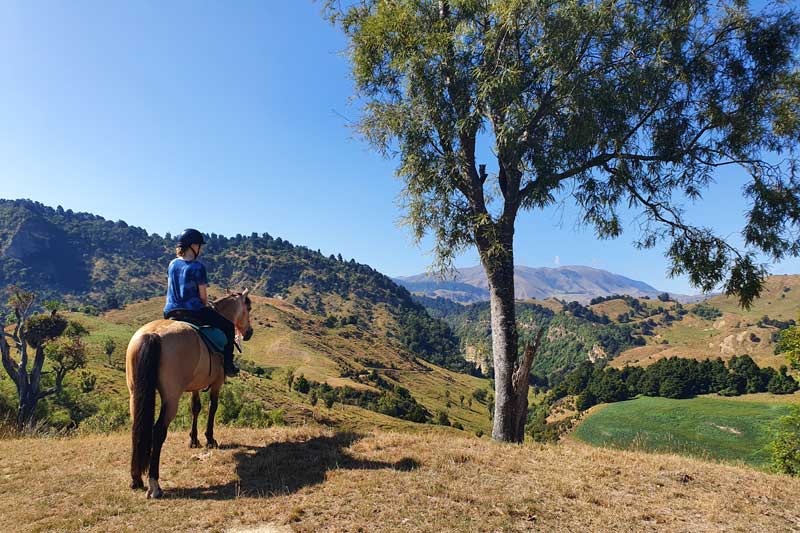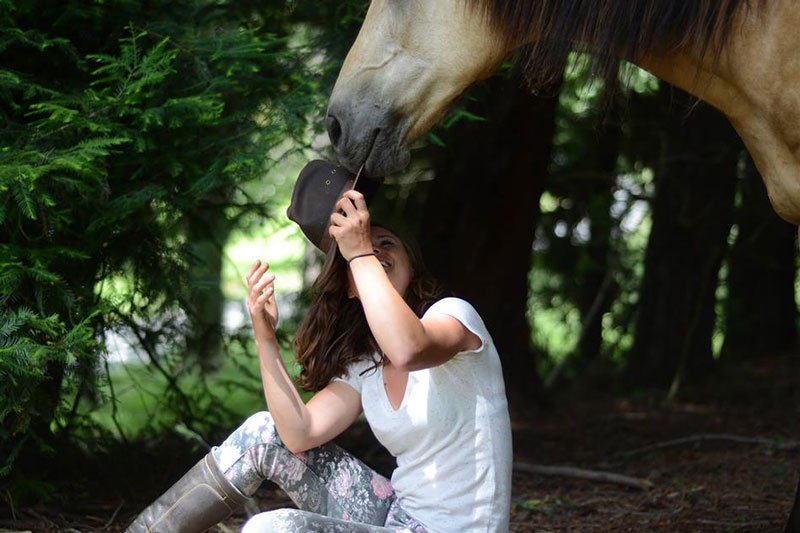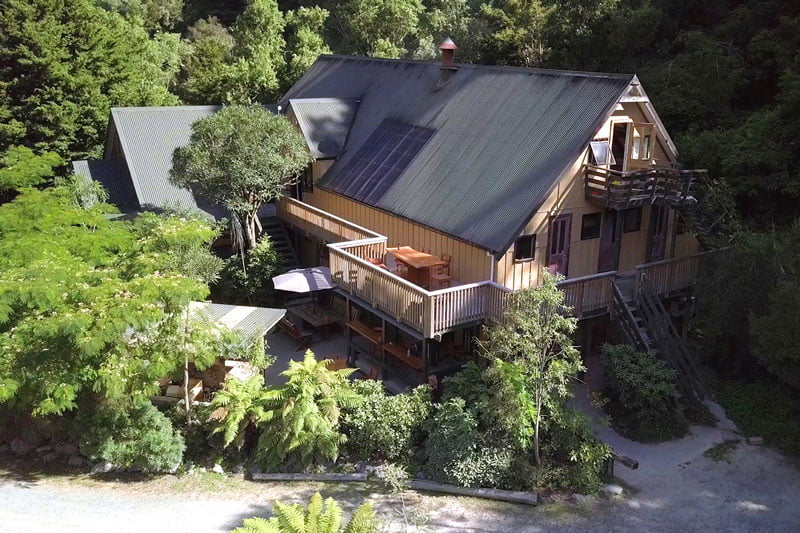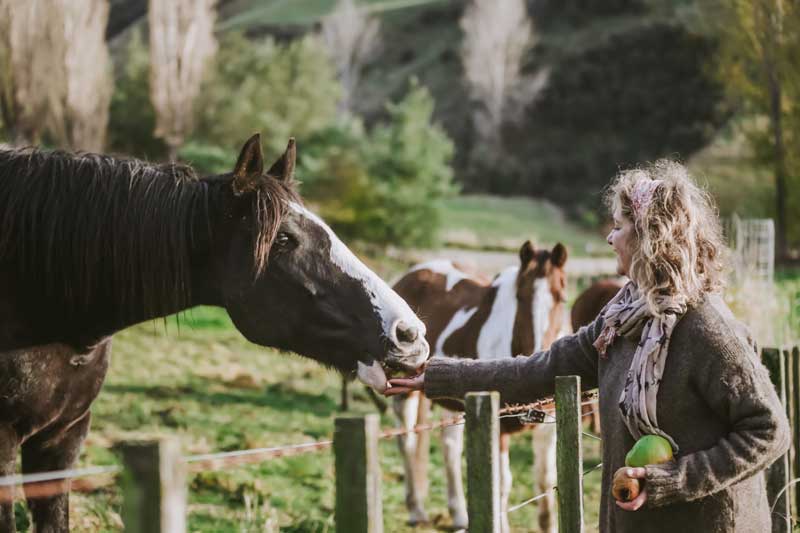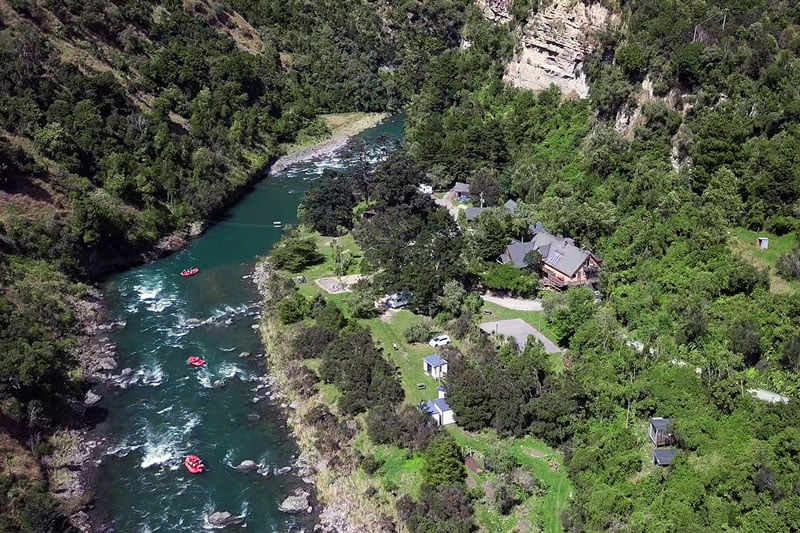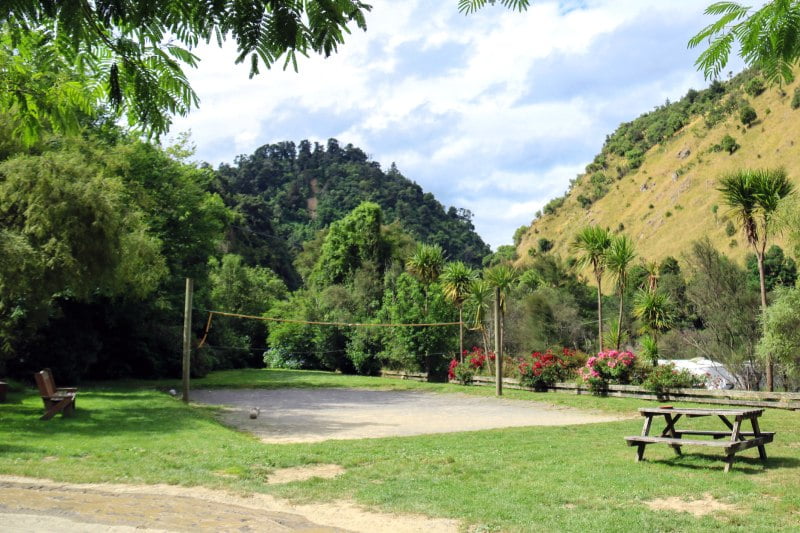A Return to Localism? Beyond the Local Farmers Market
I, for one, welcome the current emphasis, due to the close of international borders, on shopping and travelling locally. I have long been interested in strong communities and having economic benefit them rather than ending in the hands of corporates or heading offshore. But how far can we take this concept of shopping local, and how is it positive for our communities?
Before writing this post, I thought I had best do a little research into what others understand as the broader concept of localism. To be honest, I had only really considered buying where possible from local stores or providers, and holidaying in one’s own country or region as being what localism was all about.
I got a bit of a surprise.
The following is what I found out.
- Localism empowers grassroots democracy. It gives communities choices, a voice and control of their affairs that under the usual political and economic power structure they would not have.
- Localism encourages diversity both within and between communities.
- Localism involves an acceptance that communities or regions can be quite different and that in many the normal, one size fits all box may not be appropriate
- Localism builds community resilience
- Localism empowers innovation
From the above, you can see that embracing the concept of localism is so much more than merely visiting and supporting the nearest Farmers Market on a Saturday morning.
What can localism in practice look like?
Localism in practice means that different communities can have more say in decisions that affect them. An interesting statistic here for New Zealand is that as far as the expenditure of public funds is concerned, New Zealand as compared to many other countries has one of the highest proportions of those funds spent by central government and the lowest by local government. It appears that in this case, big brother does think it knows best (but does it?).
Kevin Roberts, the former CEO of the international marketing company, Saatchi & Saatchi, held that real innovation always comes from the edges. What he meant by this is that it was the outliers, whether that be people, places or communities, that more often than the centre came up with new ideas and different ways of looking at things.
This observation is the recognition of how localism, with the acceptance of diversity in and between communities, can lead to them becoming hotbeds for innovation.
Of course, like many in the tourism industry that relied on international tourism, we at River Valley are hurting. However, I believe in the longer-term positive benefits of strengthening local and regional economies and communities that this return to a form of localism will bring.
The spectre of massive climate change has not gone away because of a virus, nor has the urgent need if we are to keep under 2 degrees warming, of having to decarbonise our economy. The pandemic has made us face up to a highly likely future sooner than what we had anticipated. This highly probable future involves less international travel and more reliance on forms of localism.
As a business and as a country, we will just have to adapt, and adapt I think we will.
Brian Megaw



